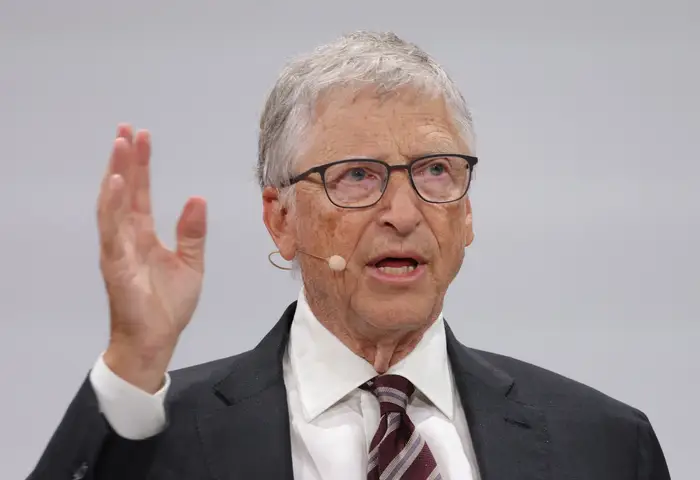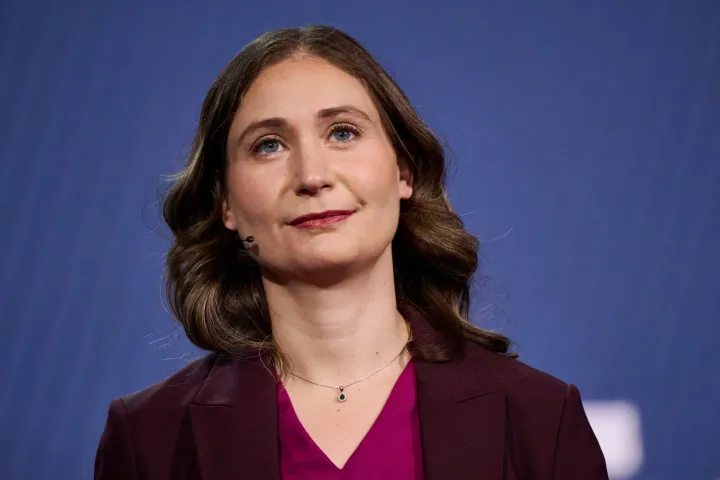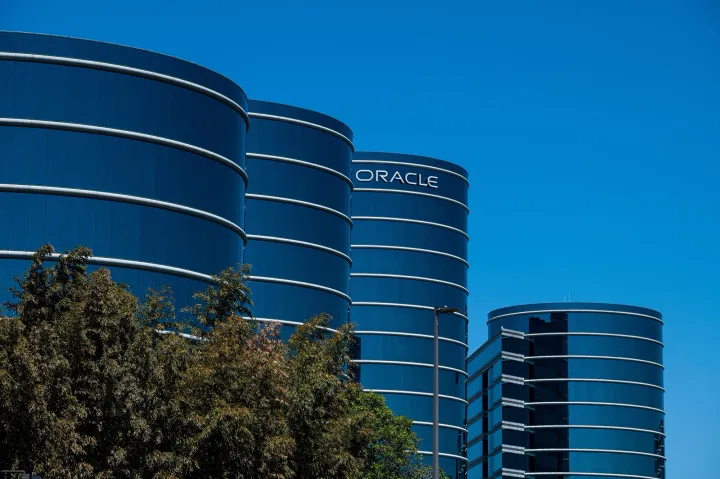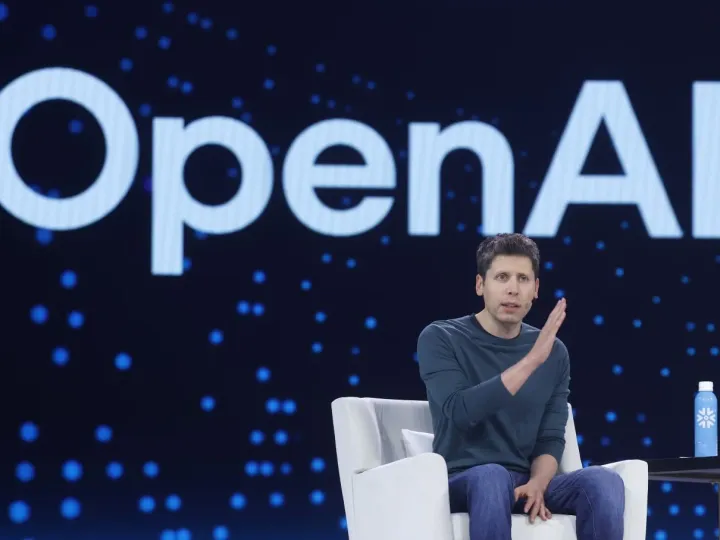Bill Gates Warns: AI Will Replace Most Jobs—Except These Three

Bill Gates Says AI Will Take Over Most Jobs—But Not These Three Professions
AI is Taking Over, But Some Jobs Are Safe—Here’s What Bill Gates Thinks
Since OpenAI launched ChatGPT in 2022, artificial intelligence has transformed industries and workflows worldwide. From AI-powered chatbots like Gemini, Copilot, and DeepSeek to fully automated systems, technology is advancing at an unprecedented rate. While many professionals fear AI could replace millions of jobs, Microsoft co-founder Bill Gates believes there are a few professions AI simply won’t be able to take over.
In a recent discussion, Gates predicted AI will replace humans in most jobs, but he emphasized that some fields will remain human-driven for the foreseeable future. His insights provide a glimpse into the future job market, revealing which professions will likely stand the test of time despite AI’s rapid evolution.
Will AI Replace Humans? Gates Says These Three Jobs Are Safe
1. Biologists & Scientific Researchers
Despite AI’s ability to process vast amounts of data, Gates argues that AI lacks true creativity and intuition—both crucial for scientific discoveries. While AI can assist in tasks such as disease diagnosis and DNA analysis, it still relies on human expertise for making breakthroughs in biology, medicine, and other scientific fields.
For example, AI can identify patterns in genetic research, but it cannot formulate new scientific theories or conduct groundbreaking experiments independently. This means that scientists, biologists, and medical researchers will continue to play a vital role in innovation.
2. Energy Experts & Environmental Scientists
The field of energy and environmental science is too complex to be fully automated, according to Gates. AI can optimize energy grids, predict consumption patterns, and even assist in renewable energy projects, but humans are needed to navigate policy changes, conduct real-world environmental assessments, and drive innovation in sustainable energy solutions.
Energy infrastructure varies greatly across different regions, making it difficult to create a one-size-fits-all AI solution. Human expertise will remain crucial for addressing climate challenges, implementing green energy solutions, and developing policies that balance technological advancements with environmental sustainability.
3. Caregiving & Emotional Support Professions
One area where AI will struggle to replace humans is caregiving, therapy, and emotional support. While AI chatbots and virtual assistants can provide automated mental health support, they lack genuine human empathy—an essential trait in professions like:
- Therapists & Counselors
- Doctors & Nurses
- Elderly & Child Care Workers
Gates believes that AI may assist in these fields, such as detecting signs of mental illness or reminding patients to take medication, but it will never fully replace the human touch needed in emotional and medical care.
The AI Revolution: What’s Next for the Job Market?
AI is advancing at an unprecedented pace, with leaders like Nvidia’s Jensen Huang, OpenAI’s Sam Altman, and Salesforce CEO Marc Benioff predicting that software developers and coders may be among the first jobs AI replaces. However, Gates remains optimistic about the role of humans in shaping AI’s evolution.
While AI will undoubtedly automate many aspects of work, professionals in fields that require creativity, emotional intelligence, and complex decision-making will continue to be in high demand.
How to Future-Proof Your Career
With AI becoming more powerful by the day, it’s crucial for professionals to adapt and upskill in areas where human expertise is irreplaceable. Some key takeaways from Gates’ predictions include:
. Focus on skills AI lacks—creativity, emotional intelligence, and real-world problem-solving.
. Stay updated on AI trends to integrate AI tools into your profession rather than being replaced by them.
. Consider careers in STEM, healthcare, and sustainability, which will continue to require human expertise.
While AI may revolutionize industries, human ingenuity remains irreplaceable—and that’s something even the most advanced AI won’t change.



